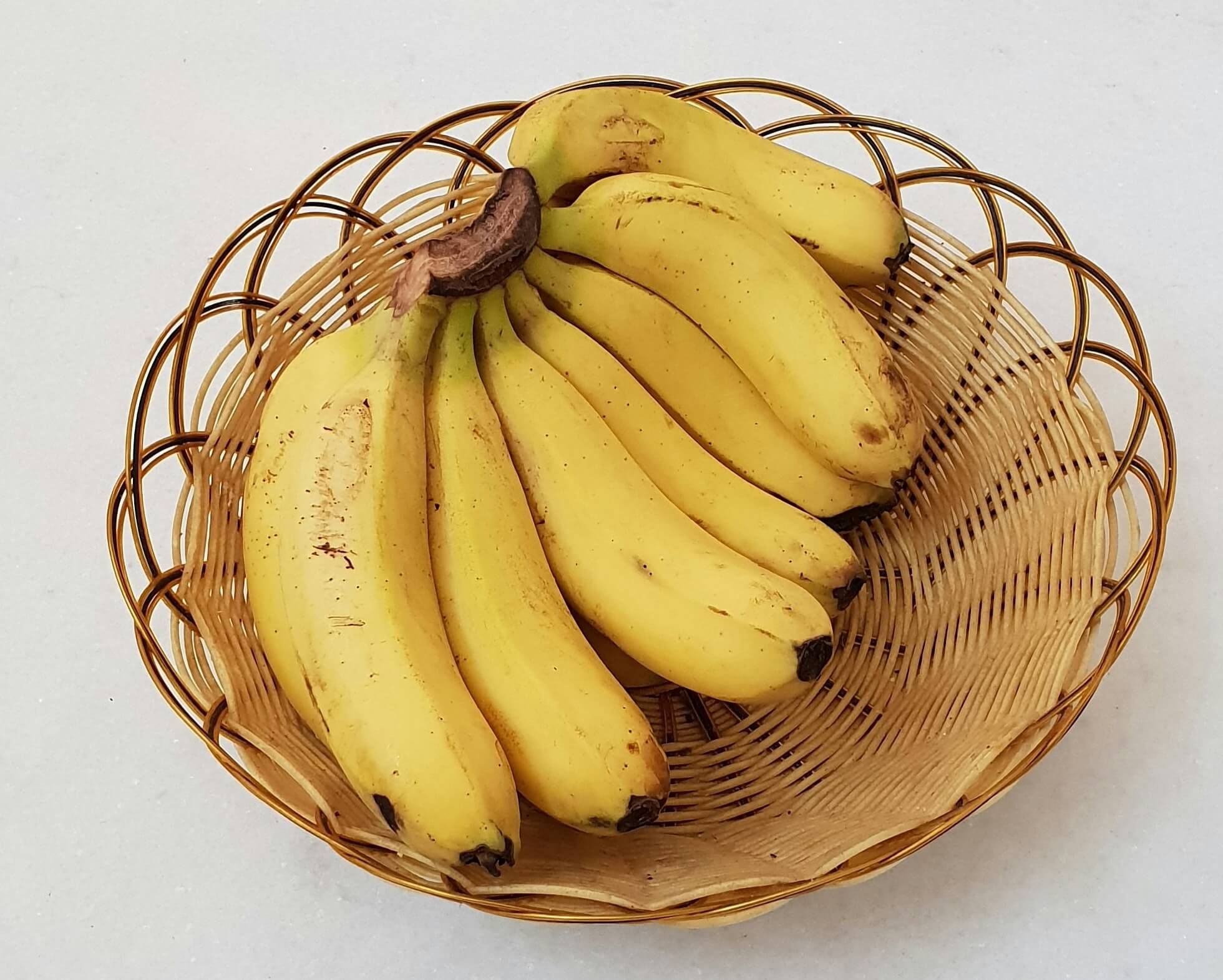Did you know bananas may have been the world’s first cultivated fruit? Botanically speaking, bananas are actually berries. Their flower contains one ovary that grows into a banana with many tiny seeds, soft skin, and flesh. With several varieties available, bananas are native to Southeast Asia and are available worldwide today. No wonder they are one of the most popular fruits.
That’s why they’re deemed versatile by nature and relatively inexpensive to other fruits.
Adding bananas to your diet is a smart choice since it brings a wealth of health benefits. They add value to the requirement of healthy fruits in your diet. Besides, they’re high in fiber to help with digestion and other nutrients necessary for your body. Typically, they help the digestive system with a high fiber content, and the ripe ones contain digestion-friendly probiotics. One banana can easily meet a portion of your diet’s daily fiber requirement.
Bananas contain nutrients that work together to keep your heart healthy. Besides, they also help maintain a decent water balance in your cells. That’s why many coaches and nutritionists suggest eating a banana over chugging sports or energy drinks. To many’s surprise, eating a banana can make you feel better by elevating your mood and helping you sleep well.
It’s a good practice to eat a banana once a day or a few days since its antioxidants help your body fight against the molecules that may lead to cancer over a long period.
Misleading by its size, a banana is relatively low in calories and may tempt you to consume more than a couple. While bananas are a healthy choice, it’s important to be mindful of the quantity. Overconsumption of bananas at a time can be fatal, as it can spike potassium levels, leading to muscle weakness and irregular heartbeat. This is a rare occurrence, but it’s crucial to be aware of the potential risks.
Bananas are suitable for people of all ages, mainly because they propagate the absorption of other nutrients in the body and are easy on the stomach.

